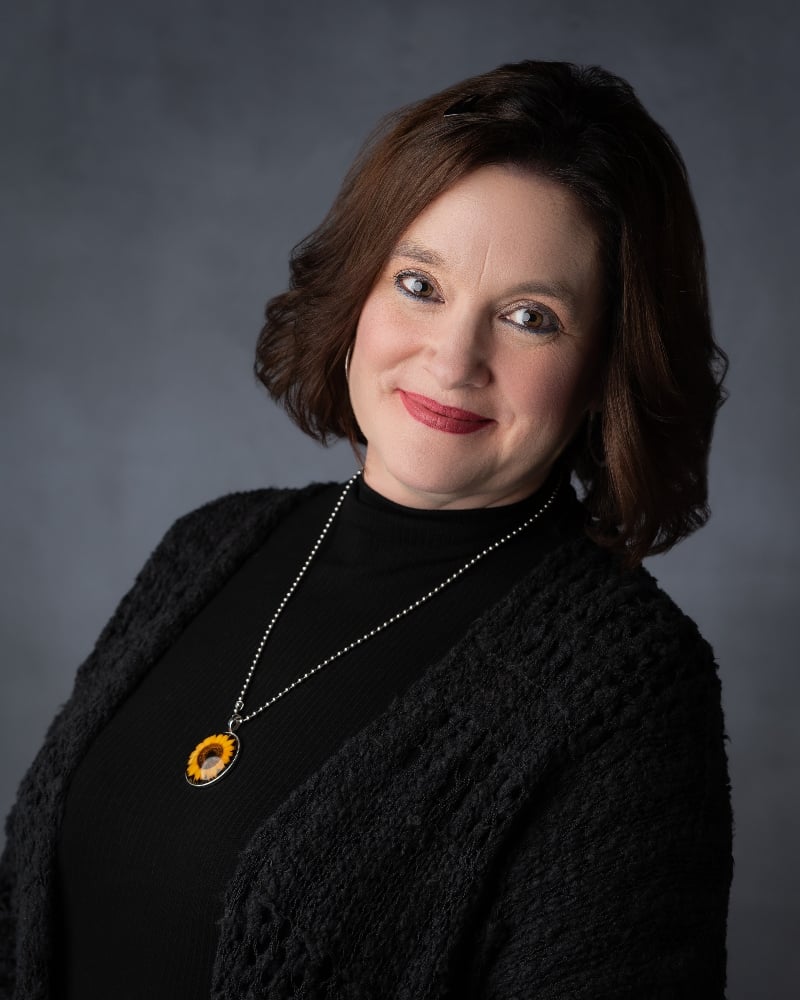 I’ll say this right off: atheists have a lot of good points. I mean that. I can honestly see why people — young people in particular — are tempted to go down that road. In some ways it would make life so much easier to believe that we just transpired out of thin air. Poof! And here we are. Why? Doesn’t really matter.
I’ll say this right off: atheists have a lot of good points. I mean that. I can honestly see why people — young people in particular — are tempted to go down that road. In some ways it would make life so much easier to believe that we just transpired out of thin air. Poof! And here we are. Why? Doesn’t really matter.
No one would be atheist if the position didn’t make at least some sense. To a point, all of this religious stuff can seem a little far-fetched. I mean, we can’t see God or anything supernatural, right? So let’s be honest with ourselves. Isn’t it more likely that it’s all just a made-up vision by non-thinking dolts who bypass the tough questions by telling fantastical stories to appease themselves?
If only…
It was my 8-year-old who prompted me to write about this today. He’s my thinker, and on the way to school the other morning he was contemplating life, and how illogical it would be for us to die without there being something more on the other side. He can’t conceive what some believe: that — though we have always known life, known ourselves to be existing creatures — when our time comes to an end…the motion of our aliveness will stop. Forever.
To the limited mind, this is quite plausible. But to those who are able to let go of truth being defined only by what can be observed in a science lab, a whole new world of reality comes into view. Again, to a point, atheism can make sense. But go beyond that point and you’re lost. Just as well, go before that point, and again, you’re left shrugging your shoulders.
Now let me ask this: What sense does it make to start in the middle of things? I find the best way to be truly logical about anything is to start at the beginning, as C.S. Lewis does in Mere Christianity. If you’re looking for a sound, well-reasoned account for the existence of God, read Lewis (a recovered atheist). He brings us all the way back to the starting point. There’s conviction for you, there’s clarity, there’s deep-thinking. But starting in the middle? I’ll be blunt: it’s a cop-out. I know it, you know it, and my 8-year-old knows it.
When confronted with this most important question about the beginning of things, the well-informed atheist might say something along these lines: “Well, yeah, we really don’t know how all this came to be. Someday we might, but for now, we’ll just skip on over that question. It’s not that important.”
The well-informed (and, arguably, well-intending) atheist also will be quick to point at the believer as one who uses God as an excuse for whatever doesn’t make sense. God of the Gaps, I believe they call it. And yet whenever I’ve asked atheists about when and how this world began, I’ve been admonished to my room for a time-out. Or perhaps it’s closer to being met with the child who puts her hands over her ears when she doesn’t want to hear something true and shrieks, “Lalalalala!!!” really loudly.
My main intent here is not merely to point out the errors of the atheist’s way of thinking. As I said earlier, I can see how atheism can be attractive to some. It’s got to be so much easier to believe in oneself rather than a Being whose mind is above and beyond our comprehension; to place hands on ears whenever the subject of God comes up rather than confront the uncomfortable reality that there is a purpose to this life — and only a short amount of time to make good on the reason we’re here.
What I want most to do is to affirm the Christian readers who have found their way to this post, to remind you that you are far from illogical in what you believe. And if ever you should doubt yourself (as we humans are inclined to do), just go back to the beginning and ask yourself the kinds of questions my young son did. “If things are and always have been in motion, are always moving forward, what was it that set them in motion, and why?”
There’s the point at which you once again find God — the supreme craftsman who designed you with intention, will love you through the best and worst of times on this earth, and gladly welcome you into the next.
The Christian has been accused time and again of not asking the tough questions. I’d say it’s the atheist who has been in error in giving up too soon, of fleeing just as things become the most critical.
At the very least, let’s be fair about where the conversation needs to begin. Jumping in the middle won’t do. It’s only in starting at the beginning, as God does in Scripture, that we can begin to weave our way through life’s most compelling questions with integrity.
Q4U: What has helped you rediscover the face of God?
Copyright 2011 Roxane Salonen
About the Author

Roxane Salonen
Roxane B. Salonen, Fargo, North Dakota (“You betcha!”), is a wife and mother of a literal, mostly-grown handful, an award-winning children’s author and freelance writer, and a radio host, speaker, and podcaster (“ Matters of Soul Importance”). Roxane co-authored “ What Would Monica Do?” to bring hope to those bearing an all-too-common cross. Her diocesan column, “ Sidewalk Stories,” shares insights from her prolife sidewalk ministry. Visit RoxaneSalonen.com


.png?width=1806&height=731&name=CatholicMom_hcfm_logo1_pos_871c_2728c%20(002).png)
Comments